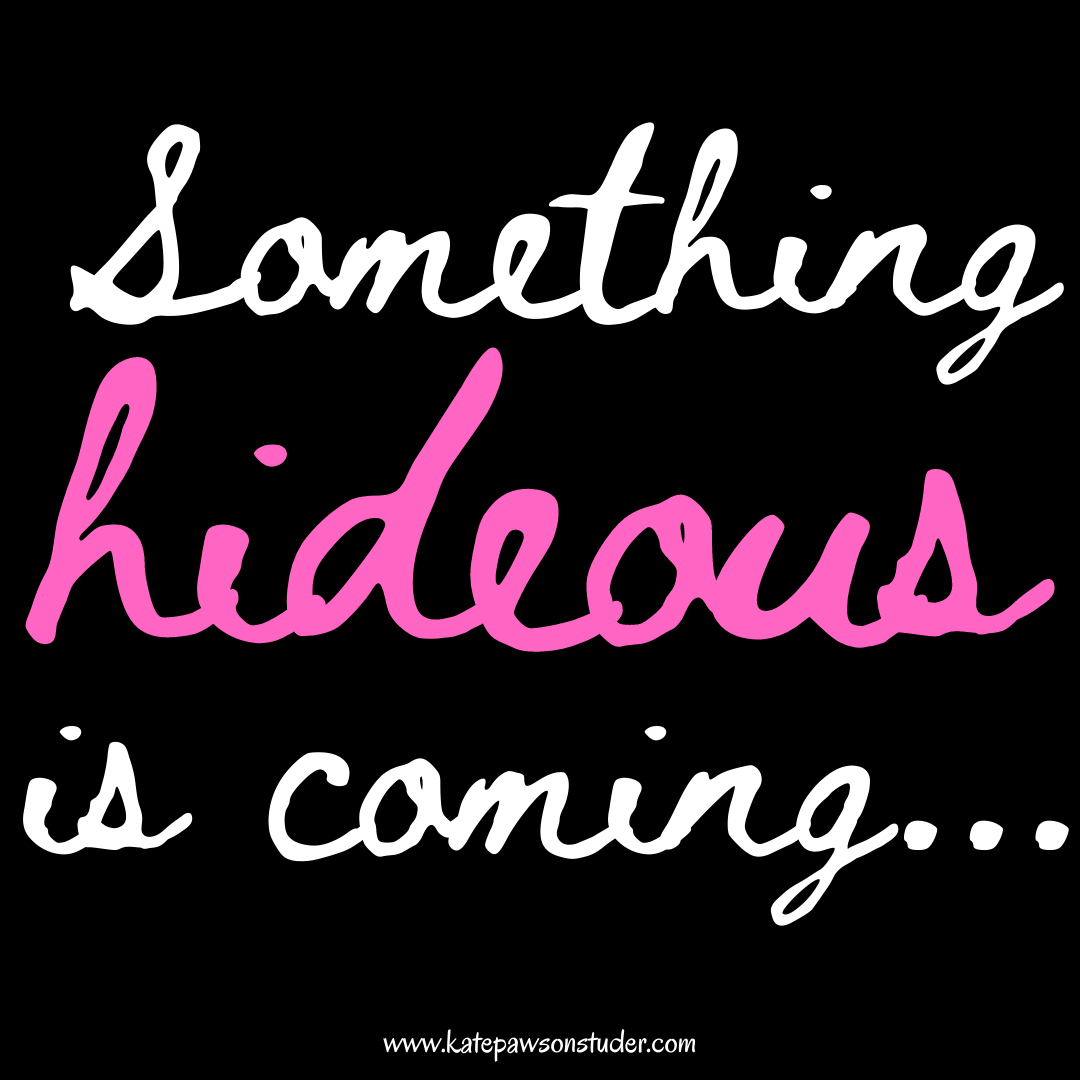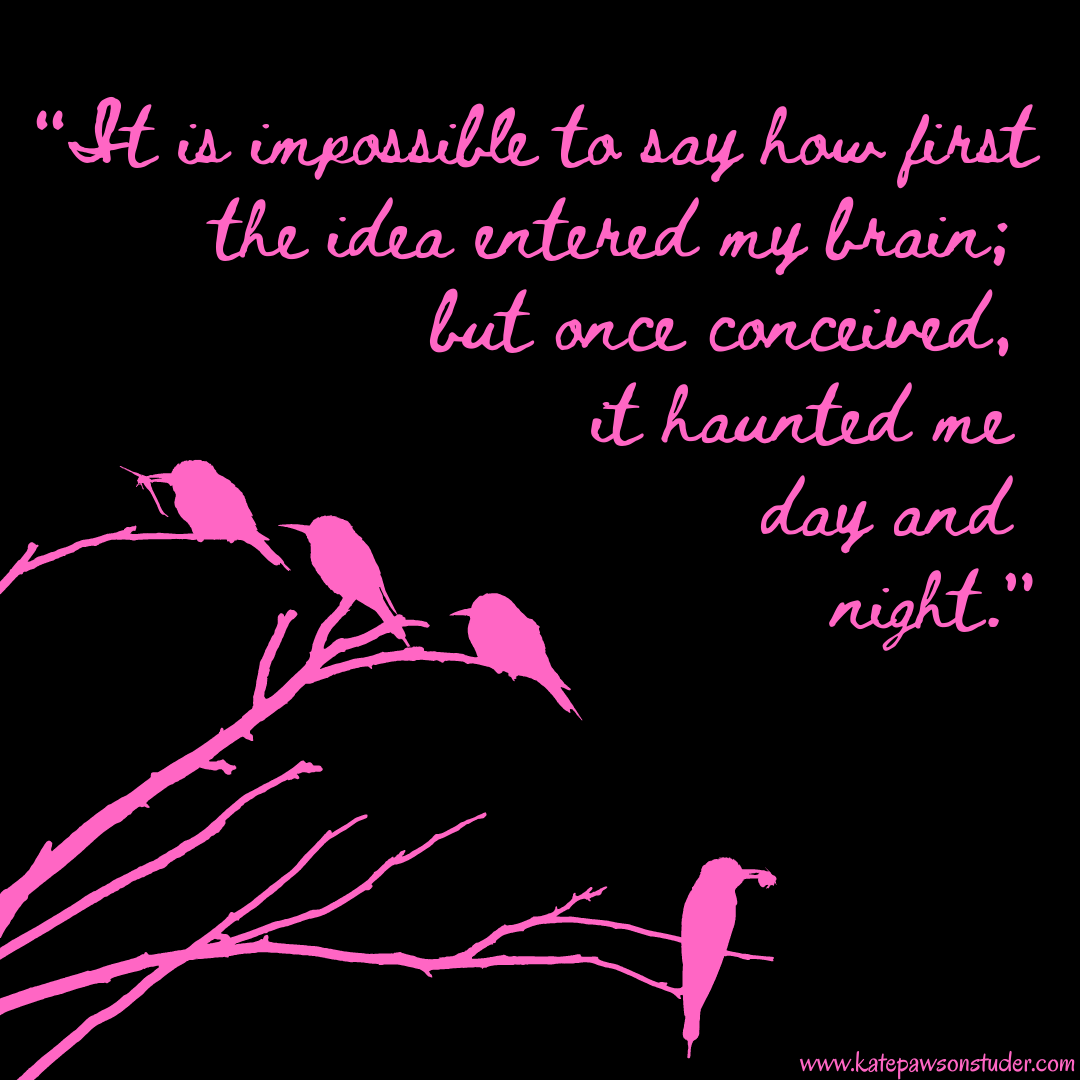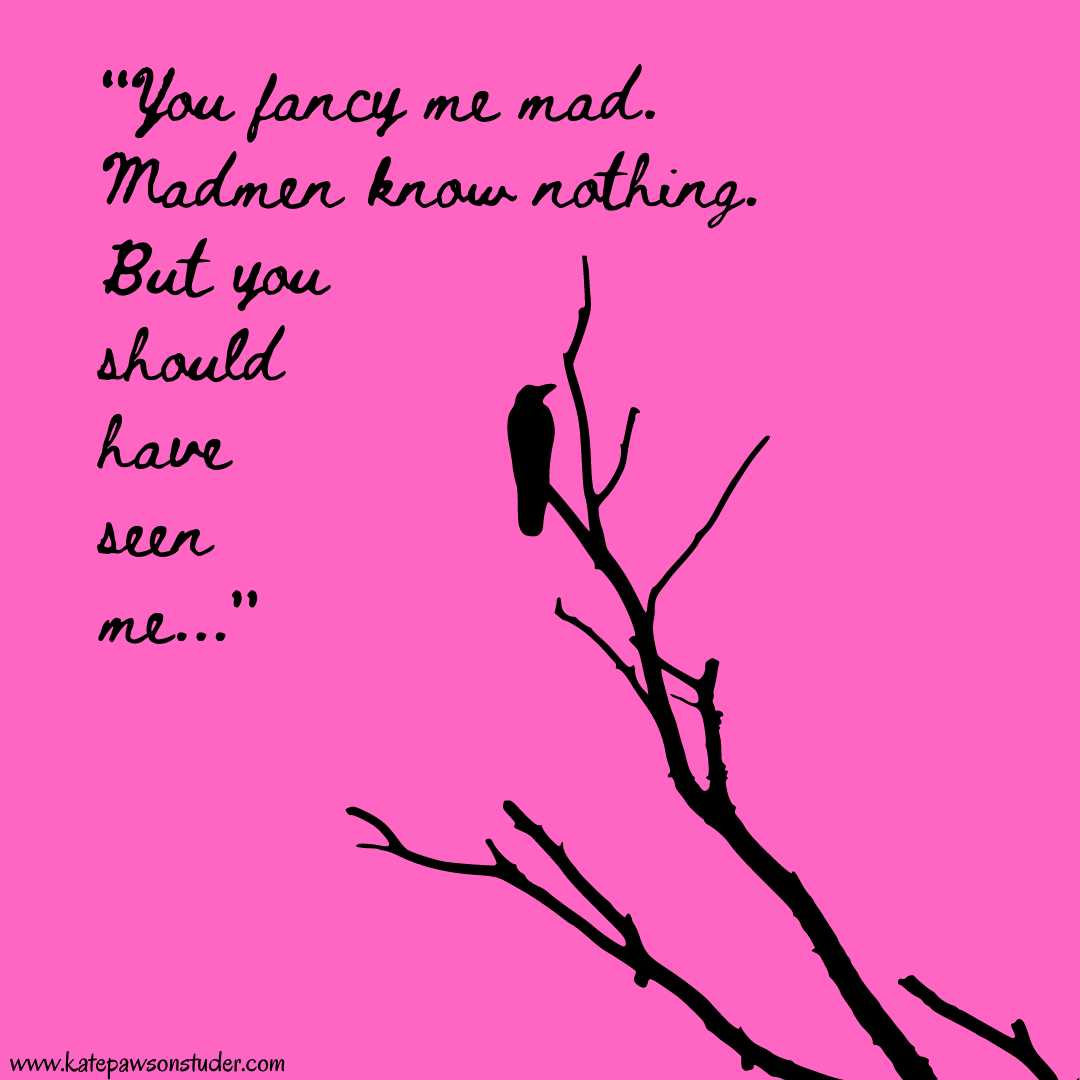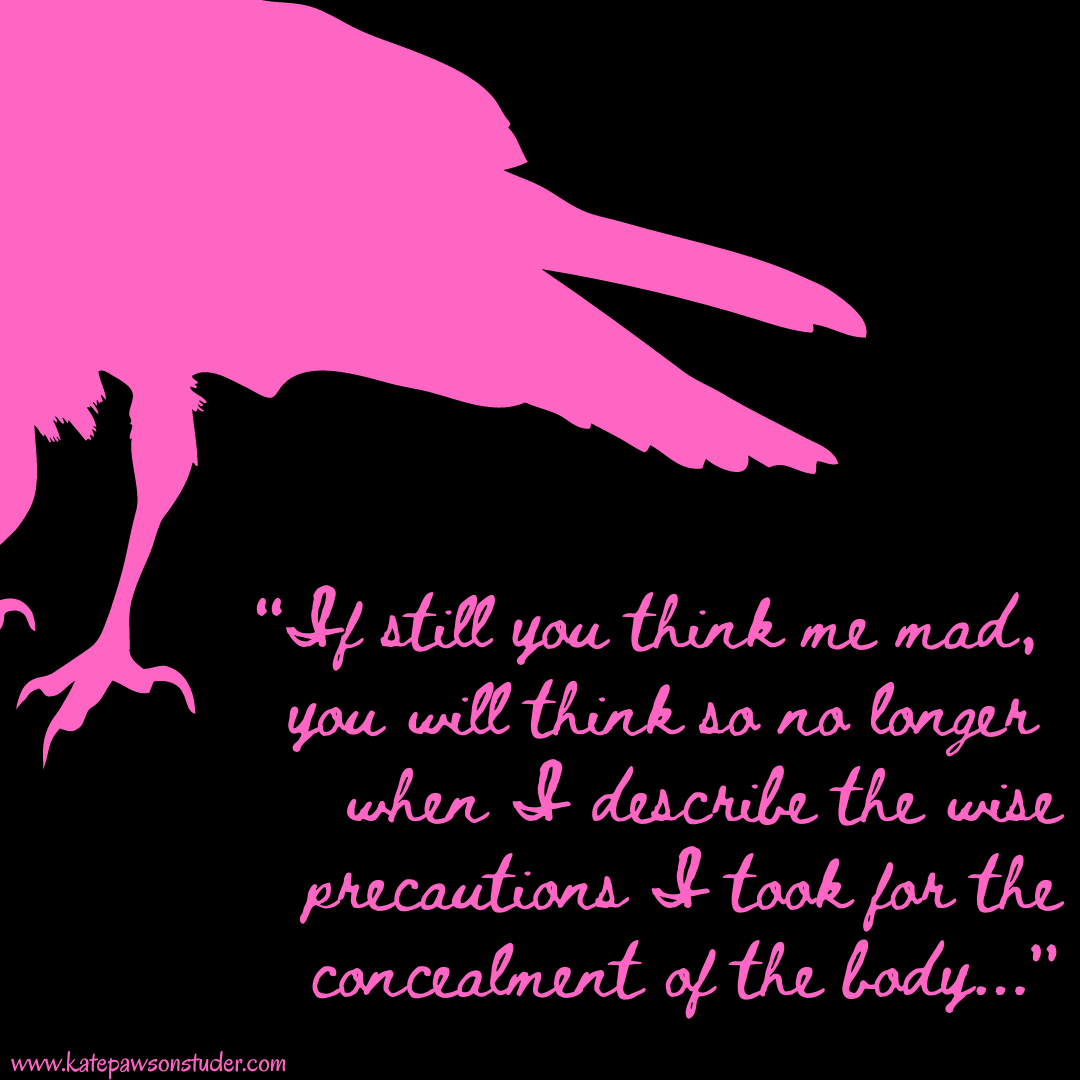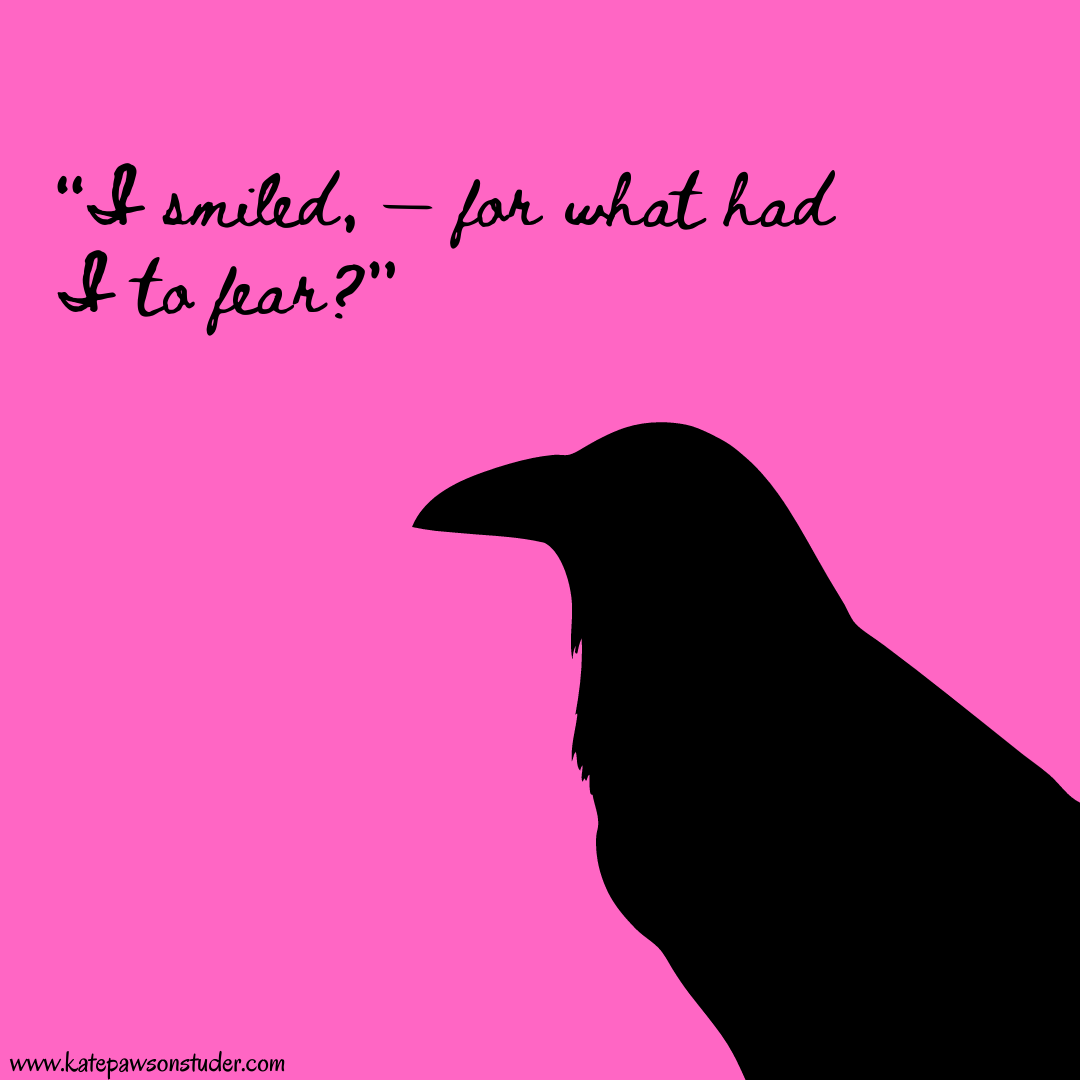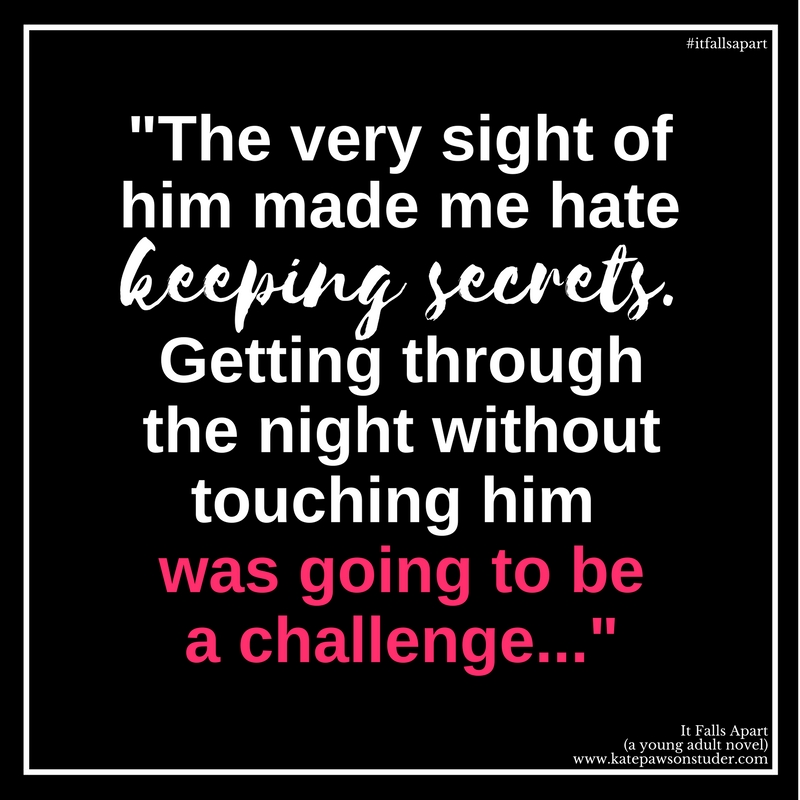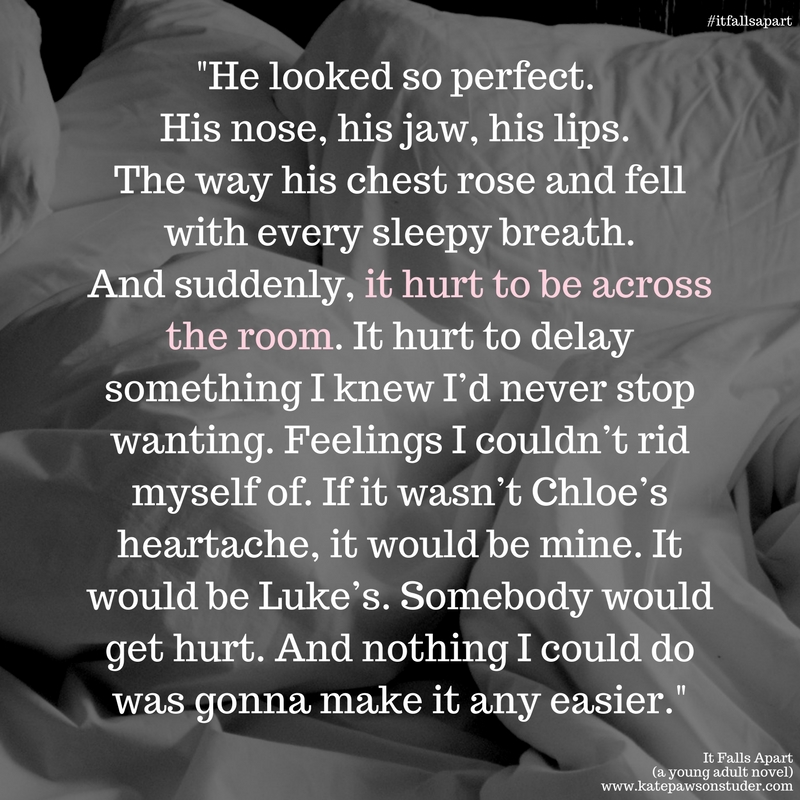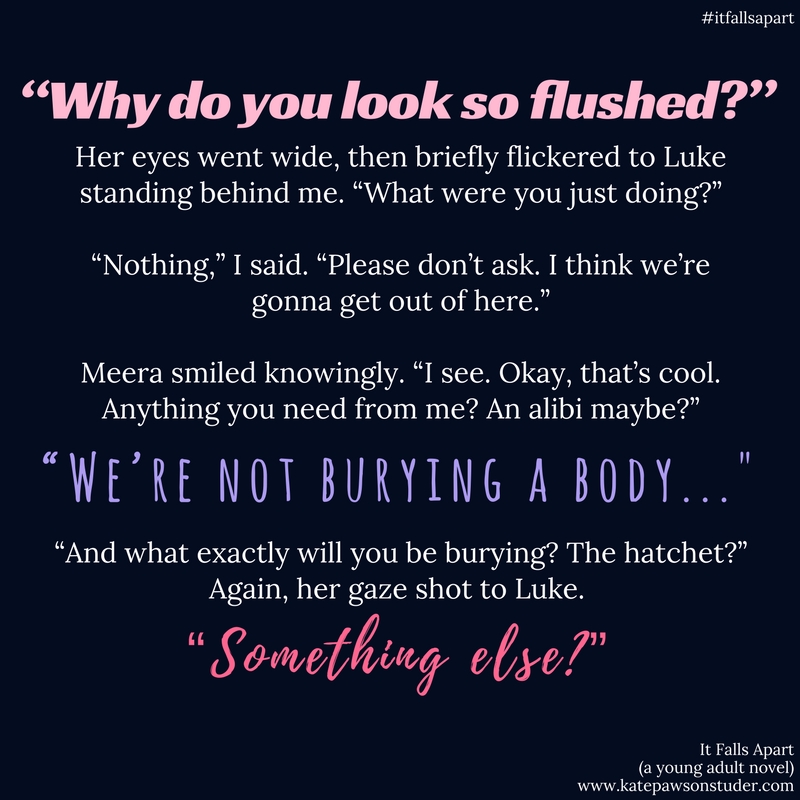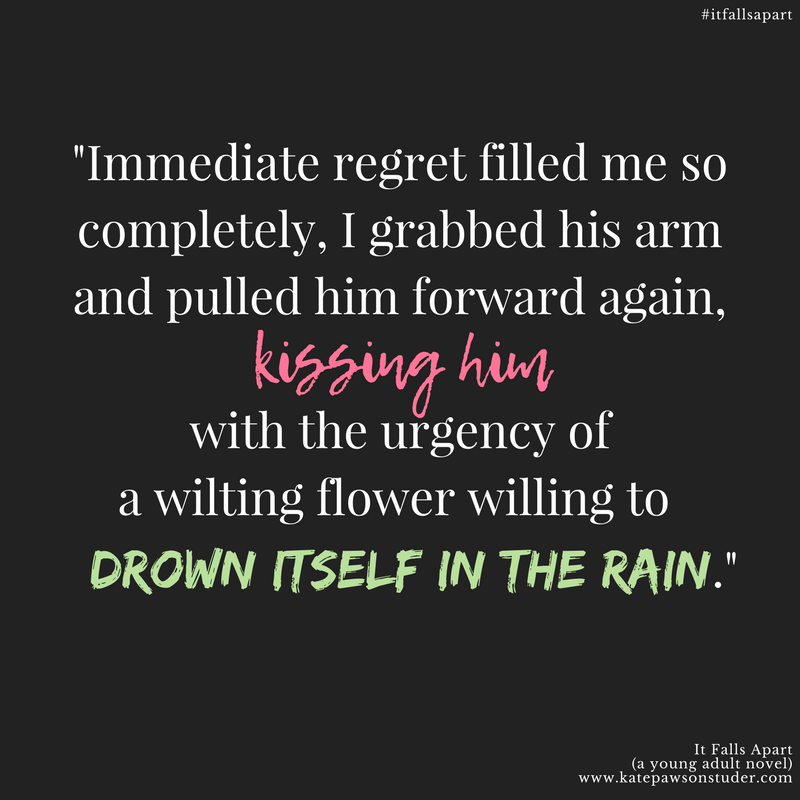the writer's arsenal: query letter dos and don'ts
/
Over time, I plan to look at certain specific aspects of the query letter (and query process) in a little more detail. But you have to start somewhere, and I think the best place to start is with a top line list of dos and don'ts when it comes to querying. Query letters seem like they should be straightforward and there's certainly plenty of information on them around the web, but in my experience some of the info is conflicting and some of it amounts to few actual takeaway tips. I'm hoping to keep the tips in this post clear and concise. And then we'll get into more detail in future posts (let me know in the comments if there's an aspect of querying or anything publishing-related that you'd like to hear more about down the road). I'm going to stick to tips that mainly apply to querying fiction. I'll cover non-fiction in another post, as it's a whole different ball game.
I apologize ahead of time for typos--it's a long list and I'm doing the bad thing by posting before I proof. I'll fix it up as I notice the inevitable errors :)

- DO finish your book before you query. This should be a no-brainer, but people often get excited and want to start the process as soon as possible. But please, don't do this. You should be focusing all of your efforts on finishing, then revising, then polishing your book. Then, and only then, should you start querying agents and publishers.
- DO ensure you're only reaching out to reputable agents/agencies/publishers. Check out the services offered at QueryTracker. Use Preditors and Editors, an online resource for writers to help them avoid being scammed. Also check out the Thumbs Down Agency List at SFWA and the forums at Absolute Write. These resources exist for education and support. You'll need a lot of both as you attempt to enter this crazy business.
- DO your research. Know whether or not the person you're querying represents your genre. Querying someone who doesn't is only going to make your rejection/non-response rate go up. Keep to the people you might have a shot with. They're the ones who know their stuff when it comes to your genre. They're the ones you'd want representing you anyway.
- DO also research the person you're querying beyond just which genres they represent. Do they have a website? Twitter? Blog? Do they have preferences when it comes to query letters? If they do, ALWAYS follow them. ALWAYS. They've provided those guidelines for a reason. Respecting them will get you started off on the right foot.
- DO include sample pages ONLY IF the agent has asked for them in their guidelines. Otherwise, keep it to just the query letter itself. Most agents will say how many sample pages, chapters, etc they would like to see included, but if you come across a set of guidelines that simply say "sample pages are fine", keep it to the first 5-10 pages, or if your first chapter lands somewhere in that range, cut it off there. It's enough to get a taste, and it's certainly enough to help them decide whether or not they want to read more.
- DON'T select sample pages from what you believe to be "the best" part of your book. Sample pages should always be from the beginning of your book--not an exciting passage from chapter nine (even if it is awesome). The opening pages of your book should be attention-grabbing enough. If they aren't, you have more revising to do.
- DO send your query letter via email whenever possible. It's faster and more environmentally friendly. Very few agents/publishers still prefer submissions via snail mail, but if they do, adhere to that request. Include a SASE and remember to actually put a stamp on it. An envelope with your address on it is worthless without the stamp.
- DON'T send your query letter on weird stationary (this goes for email and snail mail). For snail mail, don't include anything other than the query letter, SASE and sample pages (if they were asked for in the guidelines). No glitter, no spritzes of perfume, no sample marketing materials, and no sample covers you've designed yourself.
- DO send email queries from a professional sounding email address that identifies who you are. sexykitten789@gmail.com will make you look ridiculous. If you don't have an email address that is some variation of your name, make one.
- DO keep your content in the body of the email. No attachments unless the person has specifically said it's okay. That includes sample pages. Paste them into the body of the email, below the query letter.
- DO format email queries as emails. Don't try and use the snail letter format in an email. It looks silly. The subject line should read, "Query: <title of book>" unless an agent specifically requests otherwise.
- DO prepare your subject line and body of the email first and then add the recipient's email address last. This will prevent you from accidentally sending it off before it's ready to go. Hitting send won't get very far with a blank To: field.
- DON'T send query letters out in big batches to multiple recipients, even if a bunch of agents have identical guidelines. Their names aren't identical and that's reason enough to separate them out. Nobody wants to be reduced to a name on your mass query mailing list.
- DO address your letter to the specific person you're querying. Dear Sir, Dear Agent, Dear Publisher, To Whom it May Concern, etc is not a good first impression (especially the Dear Sir--you're just going to offend somebody with that one). Since you've done your research on the people you're querying, there is no reason to not address each letter you send to the person it's indented for. If an agency asks that you send one query letter to the agency and they'll decide who it's right for and no name of contact is given, simply address it to the agency: "Dear Agents of <insert agency name>". Don't just leave out a salutation. You have one shot at a first impression. Make it count.
- DO keep in mind that a query letter is a professional letter. Keep it that way. It certainly can be genial and polite, but don't let it slide into casual territory. Keep your language professional, clean, concise and on point.
- DON'T lose sight of what the query letter is about--your book. It's not a platform for you to talk about yourself, your family, your pets, your dreams, where you grew up, where you traveled in your youth, any adversity you've overcome, etc. It's about the book you've written and your specific, non-emotional qualifications to write said book. The person you're querying isn't your pen pal. Don't tell them about your life. This isn't a personal correspondence. It's a business letter.
- DO keep to this format: intro or hook (if you have one), brief but enticing plot summary, brief author bio/qualifications, thank you, sign off. The letter shouldn't be longer than 3-4 paragraphs. Some agents would also like to know how you found out about them and why your book would be a good fit for their list. If they mention this in their guidelines, then go for it, otherwise, keep it short and sweet.
- DO make sure you include the following vital pieces of information in your letter: title, genre, word count and what the book is about. Those are the things agents/publishers need to know.
- DON'T mention future books in a series, or other books you've written (unless they were published). A query letter should be about one book. Even if your book is book one of a planned trilogy, don't mention this. If the agent is interested in the book, that's something you can discuss when you speak on the phone.
- DON'T write one huge book and talk about how it could be broken into shorter books. When you query, your book should be ready to stand alone as one cohesive unit. And the word count should be reasonable (90-100k for adult fiction; 60-80k for YA, 50-60k for MG. There are exceptions but don't stray too far).
- DON'T even think about mentioning the word film. Or movie. Or merchandizing. Your query letter is about the manuscript you've written. That's it. The time to talk about anything beyond the book itself is not now. That may comelater, after you've actually sold your book to a publisher, and even then, let the conversation come to you. Publishing is not the film industry.
- DON'T praise your own book in your letter. Just don't. It may seem harmless to refer to it as a hilarious tale of blah blah blah, but just don't. The book should speak for itself. The plot summary should hint at the themes and give a sample of the voice (I'll discuss the plot summary in more detail in a future post), but it should do these things without you having to spell them out.
- DO include information about any relevant writing awards you've won, writers' groups you're a part of, and/or relevant education you've completed. If none of these apply, don't try and find things to force in their place. Just keep your letter simple.
- DO mention it if you've been published before. If you have, always include details (title, pub date, publisher).
- DO remind an agent of who you are if you've queried them in the past, especially if they've requested material from you.
- DON'T feel the need to point out that this is your first book. Nobody needs to know that. Your lack of publishing credentials will speak to that.
- DON'T feel the need to copyright or get a patent for your book. It's not necessary and it makes you look paranoid. As long as you are querying reputable agents and publishers, nobody is going to steal your book.
- DO mention comparable books if the agents asks for it in their guidelines, otherwise, don't feel the need to do it unless it's a fantastic comparison. Don't say it's the next Harry Potter or Twilight or whatever. Don't compare your book to bestsellers just because you want it to sound awesome. Only compare it to books if the comparison is pitch-perfect. Otherwise, you just look silly.
- DO include your contact information at the bottom of your letter--email, phone number, address.
- DO proof your query letter before you send it. Even if you've saved it as a template somewhere on your computer and you know it's been proofed. Check it again.
- DO proof your query letter before you send it. Oh, I just said that? Well, do it again. The last thing you want to do is hit send and then realize you've made a silly typo. Most agents will be forgiving of an easily-missed typo, but more than one starts to get you in serious trouble.
- DO send your query letters out in batches and wait to hear back from a few before sending more. Many people will recommend you don't query your top choices right away in case the first version of your query letter isn't your best (it's probably not). Query agents you are interested in, but maybe aren't your top choices and based on their feedback, revise your letter before sending it to your top picks. If the query letter seems to work and you receive some requests, feel free to stick with it and send it along to those top agents. But don't query 100 agents at once or you'll be sorry if you realize the query could be stronger. Again, you only get one first impression.
- DO keep track of who you've queried and when. I like to create a spreadsheet in excel that also includes info on expected response time, whether or not sample pages were involved and any other relevant info on the agent or agency.
- DON'T reply to rejections. Not even to say thank you. Just read them and move on. Agents don't expect or want replies to rejections, especially form rejections. If you receive a rejection on requested material, a simple "Thank you for your time" email is acceptable, but don't ever ask for more feedback. Don't ask if you can send a revision. If an agent would be open to seeing a revision, they will mention it in their reply.
- DO respond to requests for more material in a timely manner, usually within 24 hours. Follow instructions carefully. If they only want to see a few chapters, don't send the whole thing. When you are ready to send along your materials, change the subject of your email to something along the lines of "Requested material: <title of book>" so that it stands out in the agent's flooded inbox.
- DO be patient. Patience is HUGE in publishing. You're always waiting for something and the wait starts now. Agents/editors are busy. Very busy. Give them time to get to your query or submission. If they are a non-responder, they'll usually mention it in their guidelines (ie: if you don't hear back within six weeks, consider it a pass). Respect that. If they say it's okay to follow-up, then do so. If they don't specify a time, eight weeks is a good rule of thumb. I know that seems long, but trust me, it takes that long sometimes. Sometimes it takes even longer. After eight week, a polite, "Just wanted to follow up on my query from <date>" is acceptable. Include the original query in your email. If you still haven't heard back after another six-eight weeks, follow-up again, but after that, it might be time to start thinking about moving on.
- DON'T re-query a book to the same agent after they've rejected you. They'll remember and they'll be mad at you for trying to trick them. Only send a revised manuscript if it's been requested, the only possible exception being if you've done a major overhaul and have received some positive reactions to it from other agents, then it's okay to see if a previously semi-interested agent would like a second look.
I'm certain I've missed a few things but I'll definitely add to this list as I think of more. If you have any questions about any of the above, or anything I didn't cover, please ask away in the comments!
I will cover the next step, a.k.a. what to do when an agent offers representation, in a future post.
For today, I will leave you with my query letter for Unnatural (titled Unnatural Disaster at the time), the book that snagged me my fabulous agent:
Dear <agent>,
November "Ember" Edwards is not a witch. She can't successfully perform a single spell, which would be a total non-issue except that everybody else can. Ember is what The Ravendale Finishing School for Young Sorcerers labels a "dud", a weak link in the gene pool, and it's sink or swim when she and a group of fellow non-graduating students are led into the woods for the post-academic culling, an annual event that pits the duds against a series of so-called natural disasters, forcing them to either summon their latent magical abilities or die trying.
Thankfully, Ember is not alone. Her boyfriend Ren Hargrove is also a dud, and Ember thinks they have a good shot at surviving if they stick together. But first, she'll have to find a way to get Caden Rowley, the mysterious stranger who turns up in the woods, out of her mind, a task that's much easier said than done when he causes her to feel the first sparks of magic she's ever known—something she's learning she can't live without.
I’m seeking representation for my young adult novel, Unnatural Disaster, which is complete at 63, 300 words. I graduated with an Honors Bachelor of Arts in Rhetoric and Professional Writing from the University of <redacted>. I'm currently on maternity leave from my position as an editorial assistant for <redacted>.
Thank you so much for your time and consideration.
Warm regards,
Kate Pawson Studer




